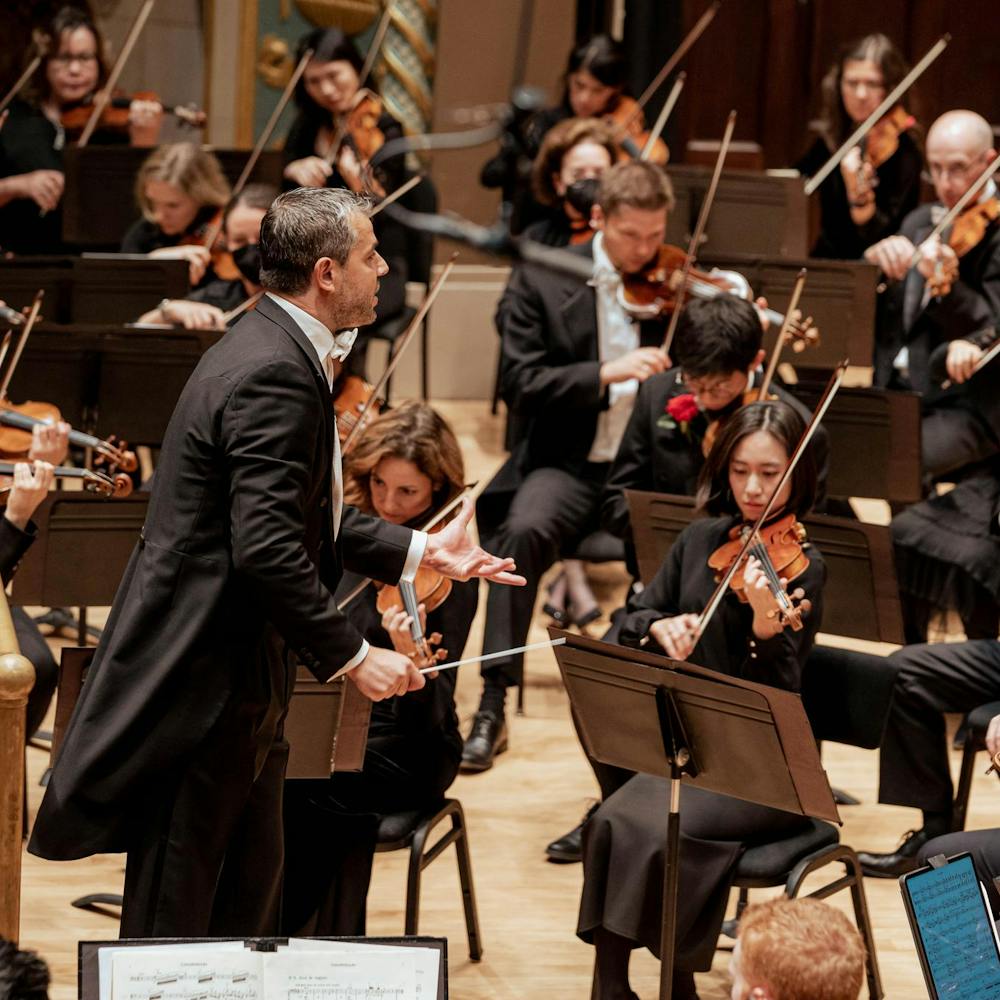Although the All University Election Commission recommended for this week’s universitywide elections to be postponed, the five-member student group didn’t have the final decision.
Lee June, vice president for student affairs, approved the recommendation Wednesday.
ASMSU elections have been delayed until Tuesday after members of the election commission called into question language on the ballot and technical malfunctions with computer voting.
The University Apartments’ Council of Residents election has also been postponed, but it is not related to the election commission’s recommendations.
A $1 tax referendum for The State News tax will continue as scheduled.
The election commission, which noticed the errors Tuesday, serves as the ruling board for ASMSU elections. Commission members, who are not officially affiliated with ASMSU, approve ballot language, ensure candidate petitions are valid and oversee campaign practices.
They may be overruled by a two-thirds vote of both the Academic and Student assemblies of ASMSU, MSU’s undergraduate student government.
Election commission member Eric Smith came out against ASMSU’s proposed $3 tax increase in a letter to the editor appearing in Wednesday’s edition of The State News.
“First and foremost, I’m a student,” the international relations senior said. “Once I became a member of the AUEC, I don’t feel like my views upon how I’m going to vote should be changed.”
Smith said his personal opinions bear no connection to his work on the commission. The commission’s duties usually end once polling begins, he said.
“The very referendum I was talking about in the editorial was the only one that was on the computer ballot that we had approved,” he said.
Commission members said the allotment of Academic Assembly seats is wrong on the ballot, students were allowed to vote for representatives to colleges to which they don’t belong and that some students have not been able to access the ballot Web site.
The commission also said it never reviewed wording for a question to change the way Academic Assembly chairpeople are elected.
Election commission members also were concerned that on a referendum question to continue the $13 tax, the words “continuation of the” were capitalized, a change they had not approved.
“As far as the things like the capitalization, those are nitpicky, but the simple fact is that we tried to make the changes and they didn’t get followed,” commission member Haley Sinclair said. “That bothered us.”
Ingham County Election Coordinator Charlene Corrigan said ballot language is closely examined in state, federal and local elections, as well.
“The way that it was approved is the way it appears,” she said. “We sit and proof and proof and proof.”
Statewide ballot proposals, for example, must be presented in 100 words or less. Answering “yes” must now indicate support and voting “no” must now indicate opposition to a ballot proposal.
And local ballots are proofed at the local level. Copies are sent to candidates or local units sponsoring a proposal.
The process is so meticulous that ballot misprints almost never occur, Corrigan said.
“It shouldn’t ever get to that point,” she said.
But if things do go wrong, there are courses of action, said Brad Wittman, spokesman for the Michigan Department of State Bureau of Elections.
If an error in the ballot or serious equipment malfunction occurs, candidates can petition for a recasting of the ballots, he said.
Petitions must be submitted within 10 days of the election. The board of canvassers in the jurisdiction that sponsored the election must verify that the defect or malfunction actually occurred and that it made a difference in the election.
“It all depends on the nature of the issue,” Wittman said.
Stopping an election in midvote is unusual, said East Lansing City Clerk Sharon Reid.
“The polls are required to be open,” she said. “I remember one instance where somebody lost power and they were required to get power into the building.”
But ASMSU is not governed by the same laws, Reid said.
“In private elections, different rules apply,” she said.


